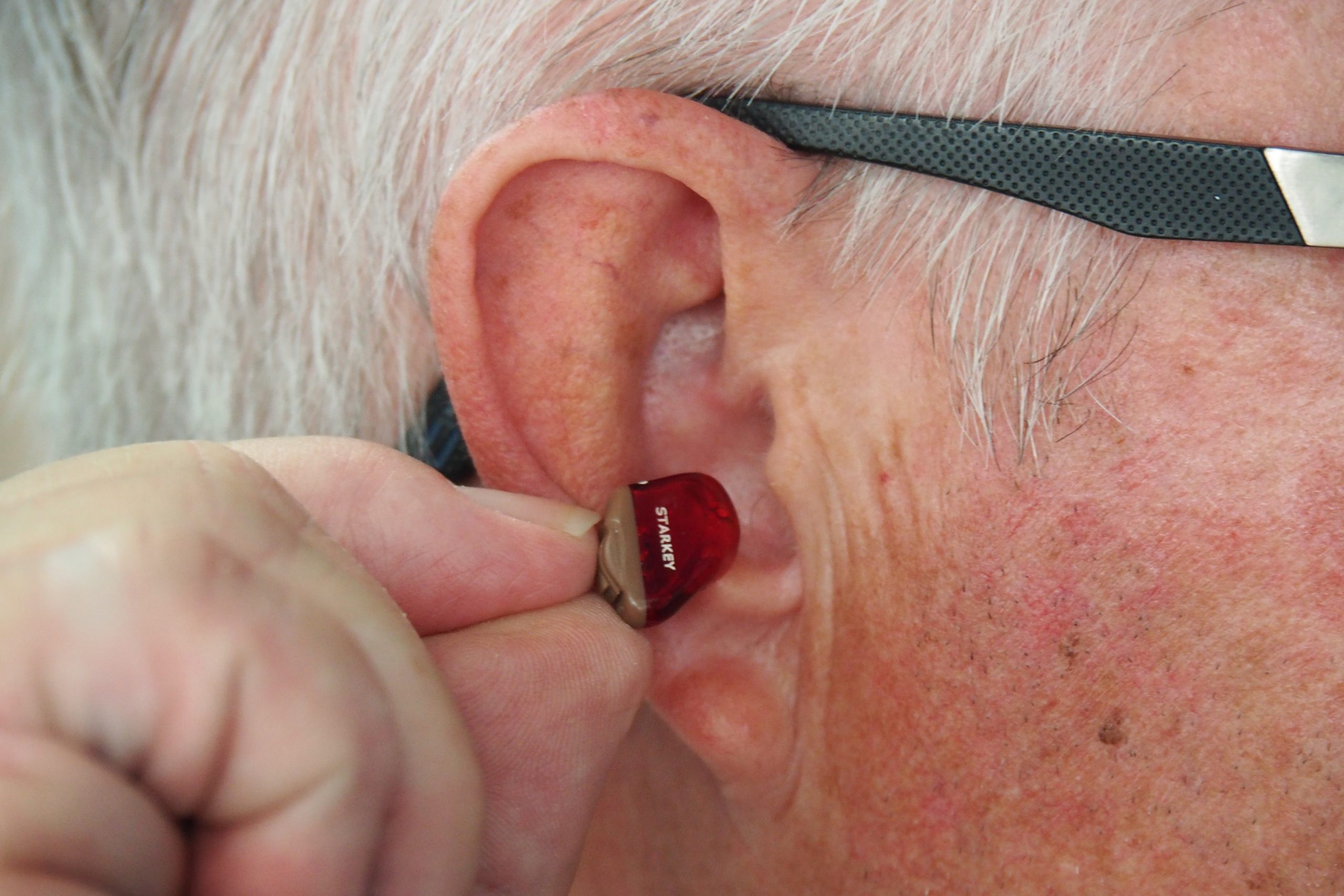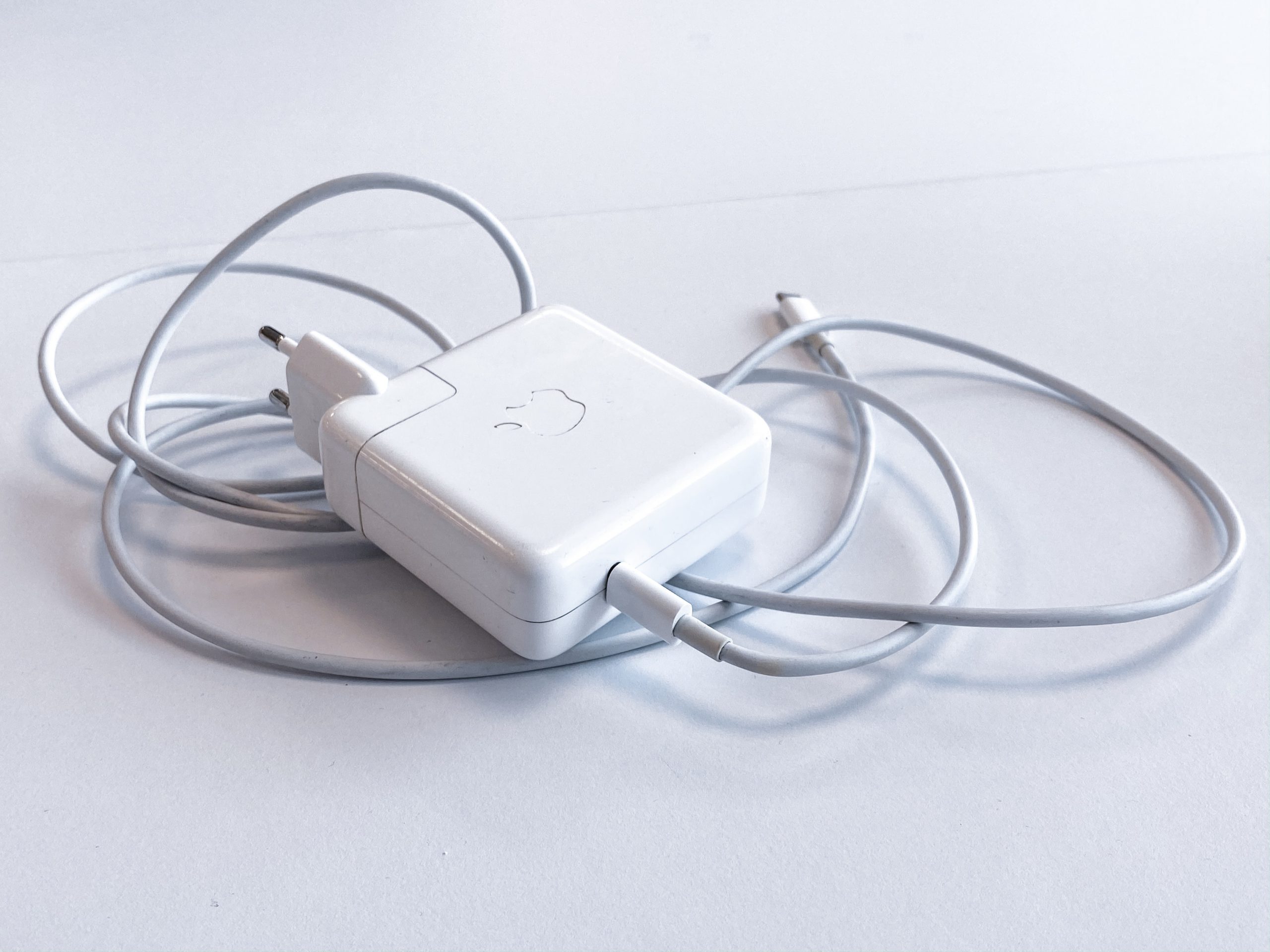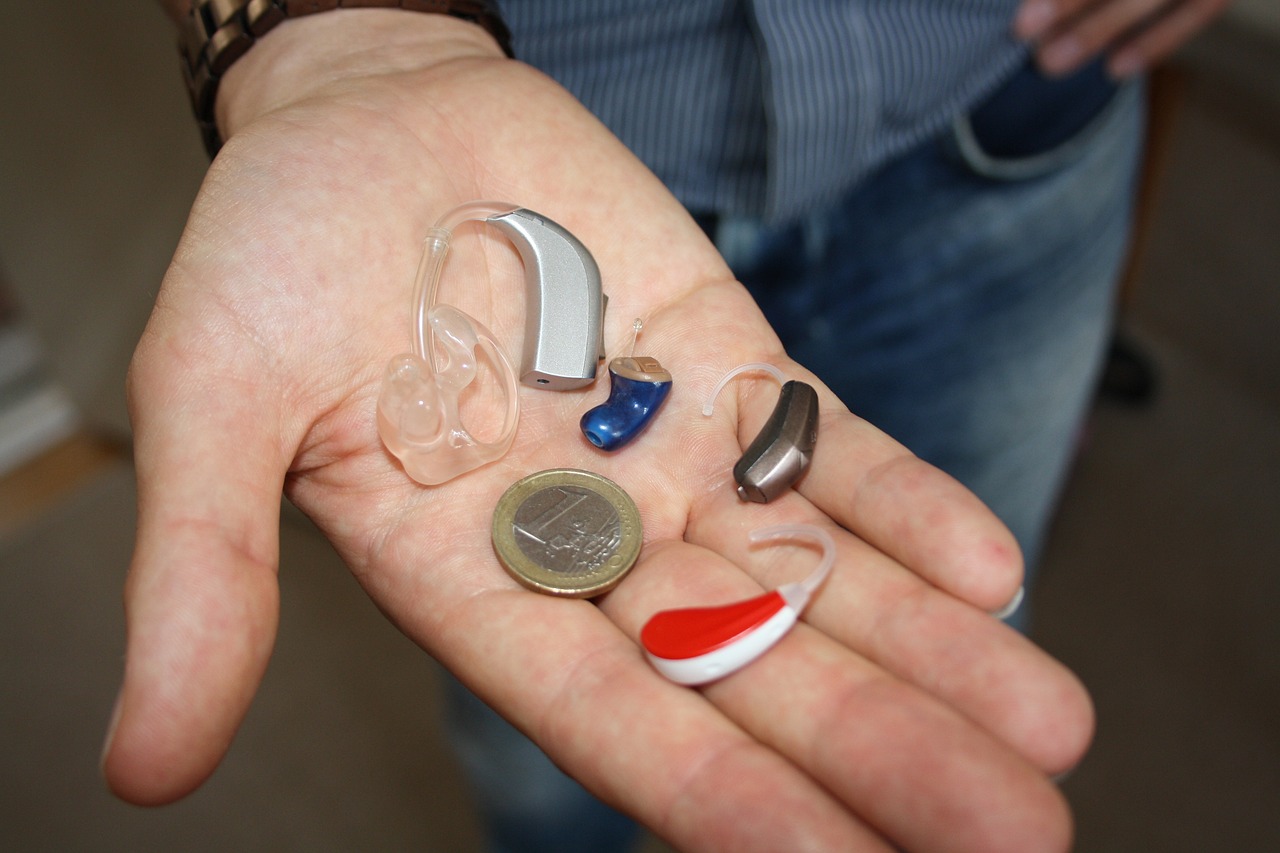
This article has been audited and reviewed by Dr. Ben Thompson, an audiologist and tinnitus expert. For more information about Dr. Thompson, click his name or read his bio below the article!
Many veterans and their families often search for information on whether the health care plan Tricare covers hearing aids. That’s because there’s some confusion over whether current policies still cover hearing aids and hearing tests.
Contents
- 1 The Basics – What is Tricare Insurance?
- 2 Does Tricare Insurance Cover Hearing Aids for Active Duty Military Members?
- 3 Does Tricare Insurance Cover Hearing Aids for Retired Military?
- 4 Is RACHAP An Option?
- 5 Is Another Insurance Provider An Option?
- 6 Options When Insurance Doesn’t Cover Hearing Aids
- 7 Tricare Insurance Isn’t Your Only Option
The Basics – What is Tricare Insurance?
Tricare insurance is a program offered to members of the military, retired members, reserve members, and family of those who served or currently serve in the military. By default, all active duty military members are automatically enrolled.
There are several types of Tricare plans, varying from no-pay options to others that have costs associated with them. That’s important to note when searching for answers to your hearing aid questions regarding Tricare insurance.
Under the most standard plan, Tricare Prime, members are assigned a Primary Care Provider (PCP). This PCP is generally located at a military base hospital.
Tricare Select, a different plan, is a Preferred Provider Organization (better known as a PPO) health plan. Under a PPO health plan you have more flexibility and freedom of choice when it comes to picking your provider, but that flexibility does come with additional costs.
Tricare for Life is another option designed for retirees. To be eligible, you must be over 65 and enrolled in Medicare Part B. Like other secondary insurance options for Medicare participants, Tricare for Life pays for any costs that aren’t covered under Medicare.
Does Tricare Insurance Cover Hearing Aids for Active Duty Military Members?

The answer to whether Tricare insurance covers hearing aids for active military is a solid yes…but with exceptions. What does that mean? Well, Tricare insurance will cover hearing aids and hearing aid services so long as a patient meets very specific criteria.
This criteria is to ensure that the sufferer has a moderate hearing loss or worse. They are as follows:
- Speech recognition score of less than 94%
- A hearing threshold “of at least 40 dB hearing loss in one or both ears when tested at 500, 1,000, 1,500, 2,000, 3,000, or 4,000Hz”
- Or a hearing threshold “of at least 26 dB hearing loss in one or both ears at any three or more of those frequencies” as an adult
Does Tricare Insurance Cover Hearing Aids for Retired Military?
Although there are special circumstances where an active duty military might qualify for hearing aid services, unfortunately it is a little more complex for retirees. The short answer to this question, however, is simply no.
Tricare insurance suggests retirees turn to the Department of Veterans Affairs (VA) or The Retiree-At-Cost Hearing Aid Program (RACHAP). With these options, retirees may be able to purchase hearing aids at reduced costs from military hospitals and clinics. But to do so, retirees must also qualify for care at such military hospitals and clinics. Tricare also cautions that utilizing RACHAP is often dependent on variables such as space, equipment, and provider availability.
Is RACHAP An Option?

Despite these variables, at first glance the Retiree-At-Cost Hearing Aid Program sounds like the perfect solution for affording a set of hearing aids at a greatly reduced cost (savings are reported in the thousands of dollars by some who have used the program!).
However, there are some complications. First off, the program is only offered at certain military bases, which can mean incurring significant travel expenses if you aren’t located near one. Next, the bases that do offer the program often include limitations as to who can participate, such as limiting availability to only residents in a specific radius around the base. Finally, active military always take precedence at these clinics, so there is no guarantee of being seen or of provider availability.
Although it can be a cost-effective way for some military retirees to obtain hearing aids, it can also be a daunting pursuit. With few resources available online to guide patients, it makes it all the more challenging to fully utilize this option.
If you’re struggling to afford hearing aids, we’ve answered some of your financial questions in a previous blog.
Is Another Insurance Provider An Option?
Those with Tricare insurance who also have Medicare might hope that this could be the answer to obtaining a hearing aid. Unfortunately, Medicare does not cover hearing aids or hearing exams; we’ve gone into more detail on this in a previous blog.
Those with the Medicare Advantage Plan or Medicare Part C should check with their state guidelines, however, as there may be variations in what is covered based on the state you live in. Some of the major health insurance plans popular today are beginning to cover a partial amount of the cost of a hearing aid. Still, these plans only cover a portion of the expense – the rest would be an out-of-pocket cost.
Options When Insurance Doesn’t Cover Hearing Aids

Non-profits like The Hearing Loss Association of America offer resources and hearing aid donations to a variety of hearing charities. The charities then use these resources to provide financial assistance to those that need hearing aids.
Many of these charities focus on children’s hearing needs, but there are some organizations like Kiwanis that provide for adults. The majority of these programs will use income and financial need as the determining factor in choosing who to help.
For more information about how this works, go to our blog on how to receive financial support for your hearing aids.
For those whose income is too high to be eligible for donations, another option is to look into the use of health accounts. A medical flexible spending account or health savings account can provide tax savings. In addition, hearing aids are considered reimbursable under their guidelines.
A savings account can also allow for long-term accumulation of funds to cover the high cost of some hearing aids.
Tricare Insurance Isn’t Your Only Option
While Tricare Insurance often isn’t a viable option for obtaining a hearing aid there are still other options when it comes to obtaining one. For Medicare or Blue Cross Blue Shield users, check out our articles to see if you have coverage!
First, it’s a good idea to check with your local VA hospital, your primary care provider, or a trusted audiologist.
While Tricare insurance might not be the solution you were hoping for, these professional sources may direct you to other sources for finally obtaining the hearing help you need.
Article edited by Dr. Ben Thompson – Au.D. (Audiologist)

Dr. Ben Thompson is an audiologist and tinnitus expert. Dr. Thompson is the founder of Treblehealth.com. He decided to specialize in tinnitus management because of his interests in mindfulness, music and psychology. He completed his residency at University of California at San Francisco (UCSF) and is a past board member of the California Academy of Audiology.
Via telehealth, Dr. Thompson provides tinnitus retraining therapy online. He hosts a YouTube channel, podcast, and tinnitus group coaching program to help individuals with hearing loss and tinnitus.
The information in this guide has been written using the following reliable sources:
www.thebalancecareers.com, www.tricare.mil, http://militaryaudiology.org, www.hearingloss.org, www.aarp.org








